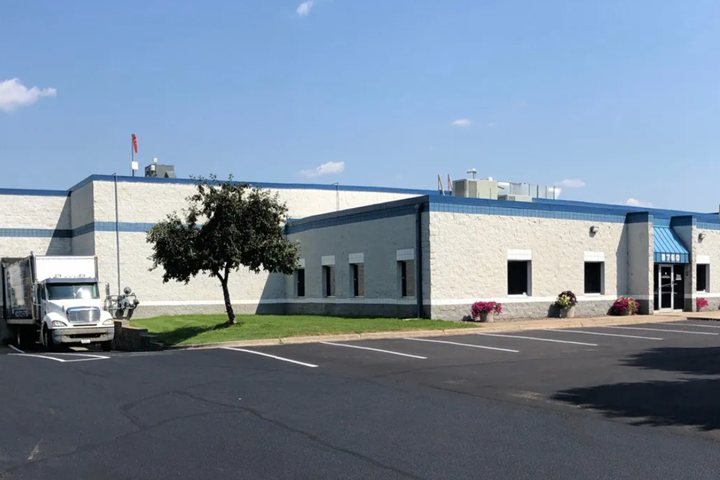
Technical Plating’s home base in Minneapolis
Technical Plating (Minneapolis, Minn.) was started in 1975 by founder Jim Thomas to help meet tin and nickel needs for the electronics industry in Minneapolis. Over the years, the company has grown into a 30,000-square-foot, state of the art facility that houses over 15 plating lines and more than 10 finishes. Products Finishing recently had the opportunity to sit down with Tyler Thomas, vice president and general manager, to hear about the company’s latest expansion.
PF: Technical Plating had pretty consistent growth since its beginnings. Tell us about the company today.
TT: We actually just put in another line, so were up to 17 now. We've put in about four lines in the past 2.5 years. We've grown a lot in the past couple of years. We've upgraded our quality system a couple of times and are refocusing on some specific industries and upping our quality.
PF: What are your current capabilities and what are those newest offerings?
TT: Tin. All different types of tin: bright tin, matte tin, tin/lead.
We do 60/40, 90/10 and then 5/95 tin/lead, electroless nickel, high, medium and low phos, passivation, chem film, bright nickel, reel to reel plating as well as some etching and bright dipping.
PF: And what are the markets that you typically serve?
TT: We do a lot of telecom work, aerospace work, defense, battery and medical.
PF: What would you say defines Technical Plating today?
TT: Overall, we've been bringing on a lot of new customers. I feel like there's a slight gap in Minneapolis for a quality volume finisher. We've drawn in over 20 new customers this year alone. 25% of our business this year is new customers.
PF: You talk about high volume. Give me a sense what that means for your company.
TT: The parts we run are precision parts. Most of our parts are the size of a fingernail or smaller. And one order size could be 10 million pieces in one order. We'll run probably over two billion parts this year, which is high volume for a smaller shop like us. And our orders, you know, they range from, from nickel to reel to reel to tin, but we focus on the high volume. We've got large tanks that can handle high volume barrel work.
PF: You mentioned the recent expansion and the two new lines. Can you go into a little detail?
TT: We put it in another reel to reel line, so we upgraded our capabilities from just bright tin to also matte tin and nickel. We also put in a new, bright nickel line, for electroplating nickel, and then we, in the past couple of years, we've put in another electroless nickel and another bright tin line to meet our demands.
PF: Can we talk a little bit about the pandemic? How it's affected your business?
TT: Yeah, absolutely, when it all started there was a lot of uncertainty as there was for everybody. But we kind of used it as an opportunity to make some personnel changes. We pulled in some people, from the restaurant industry. The work ethics are very good in that industry, it seems, and some people were looking for a change. So that was one opportunity.
We do a lot of medical work, so we did some respirator projects for some customers, and some other medical work as well.
So we've faired better than most, so we're blessed.
PF: How much medical are you guys doing?
TT: I would say it's probably 20% of our business. We do a lot of a lot of surgical parts: surgical staples, blades, catheters, stents… things like that.
PF: I imagine the tolerances on things are pretty tight with medical, especially with things like surgical devices.
TT: A lot of these jobs require extensive documentation. We're sending them our bath logs, our immersion times, things like that. They need to know that we're sticking to 100% of the spec.
PF: What would you say sets Technical Plating apart from other plating operations?
TT: The responsiveness, we will bend over backwards for our customers.
If they need something moved, any last second changes, they can get me directly on the phone anytime — there's not a lot of layers to go through to make something happen here.
Related Content
How to Choose Between Sulfate and Chloride-Based Trivalent Chromium
There are several factors to consider when choosing between sulfate and chloride-based baths for trivalent chromium plating. Mark Schario of Columbia Chemical discusses the differences and what platers should keep in mind when evaluating options.
Read MoreHow to Maximize Nickel Plating Performance
The advantages of boric acid-free nickel plating include allowing manufacturers who utilize nickel plating to keep up the ever-changing regulatory policies and support sustainability efforts.
Read MoreGlass Bead Blasting as Plating Pretreatment
What are the best practices for using blasting in preparation for plating? Angelo Magrone of Bales Metal Surface Solutions discusses the ins and outs of glass bead blasting.
Read MoreRead Next
Barrel Plating Continuous Improvement
Process improvements, overall line improvements; barrel plating is not a static technology, as these companies reveal...
Read MoreAsk the Expert: Techniques For Copper And Tin Plating
Q. I am new to plating and want to learn more about the various processes used in our plating department. Please suggest some techniques for copper and tin plating and good plating techniques in general.
Read MoreProduction Application of Flat Solderable Tin Finishes: Some Practical Considerations
Flat solderable tin finishes offer important benefits to the assembly industry. From a fabricator's standpoint, the technology is relatively new, and there are some important considerations for production scale-up. Precisely and reliably measuring the tin thickness and solderability enables both suppliers and users to invoke and meet the required specifications and quality metrics...
Read More



.jpg;maxWidth=150;quality=70)







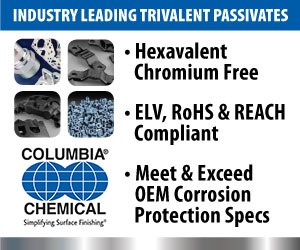



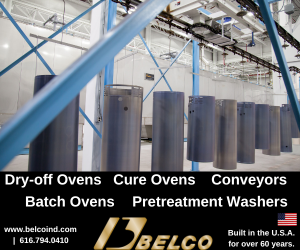
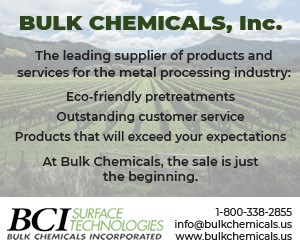
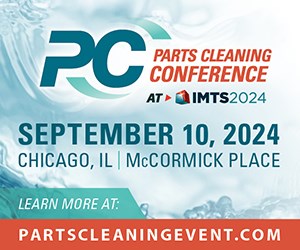
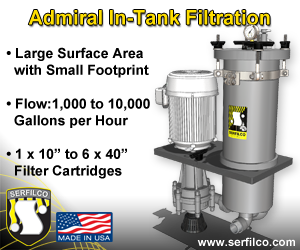

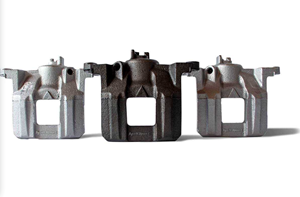




.jpg;maxWidth=400;quality=70)

